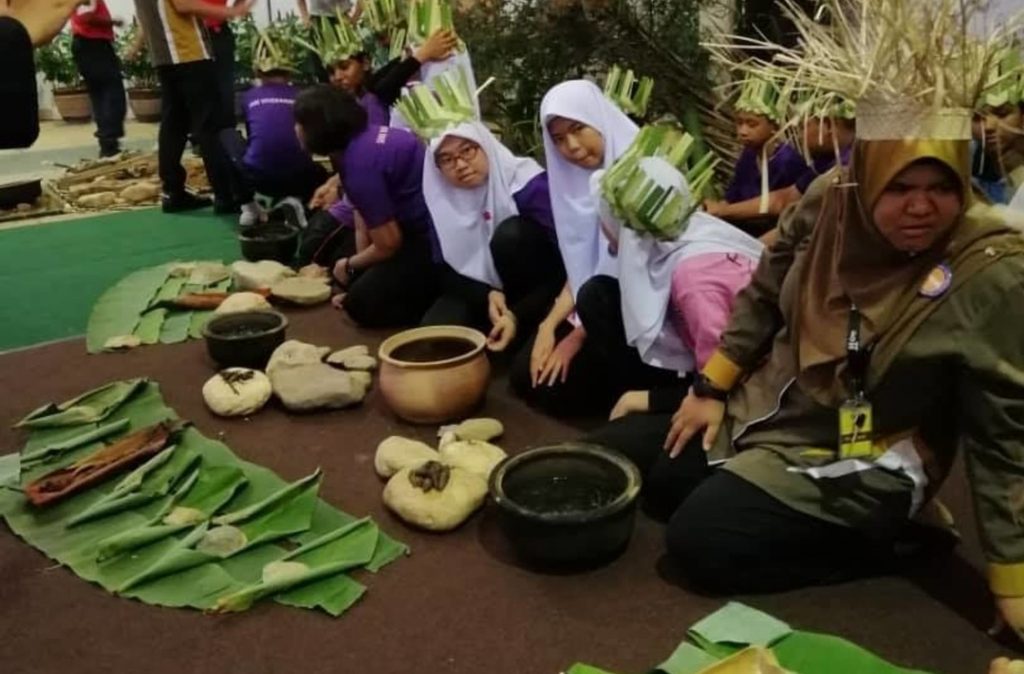The Tourism, Arts and Culture Ministry and the Education Ministry are working together to promote out-of-class activities for students. This move is an effort to increase appreciation and knowledge of Malaysia’s history, culture, and heritage among the youth.
The two ministries jointly launched the Inspirasi Pelajar Inovasi Muzium (IPIM) programme. The programme is aimed at integrating all students through the concept of cross culture using a combined approach of formal and informal education, according to The Star.
The main purpose of IPIM is to ultimately cultivate unity and patriotism among the young. The programme also intends to promote learning from outside the classroom and enhance the younger generation’s historical knowledge about Malaysia.
One of the features of the programme is that it will involve interactive and real-life demonstrations of Malaysian history. This can encourage primary and secondary school students to visit a museum to learn more about the history of the country, said Deputy Education Minister Teo Nie Ching, adding that there are many benefits of learning beyond the four walls of the classroom.
Going Beyond the Classroom
A module and guidelines have been prepared by the Department of Museums Malaysia. Museums that take part in the programme can refer to these guidelines when carrying out the fun and interesting activities with teachers and students that visit the museum.
That said, it is not compulsory for schools or museums to join the IPIM programme as not every school is located near a museum. The schools are allowed to conduct other outdoor activities more suited for their location and demographic.
The programme is part of an effort to promote learning in an environment out of the classroom. In accordance with that, the ministry is trying to get sponsorships to bring students to the theatre, zoo and many other activities that can expose them to things beyond the schools’ compound.
When students simply read and study history from books, they may not be able to fully appreciate it. However, if they can see and experience with their own eyes how humans in history used to live their lives, then they would be able to understand it more.
Many activities carried out such as exporting iron and other rituals can be brought to life if students are able to see for themselves the apparatus and tools used for such activities. In this sense, museums are the key to providing information about Malaysia’s history, heritage, and culture.
Currently, 45 out of the 233 museums in Malaysia have signed up for IPIM, said Deputy Tourism, Arts and Culture Minister Muhammad Bakhtiar Wan Chik. He also said that 20% (1.57 million) out of the 7,895,357 museum-goers in 2017 were students.
IPIM will be carried out in two phases. In the current phase one, it focuses on schools’ History subject. For phase two, the programme will be expanded to include other academic subjects such as Geography and more.
For more information about parenting and family, please visit Motherhood.com.my.
